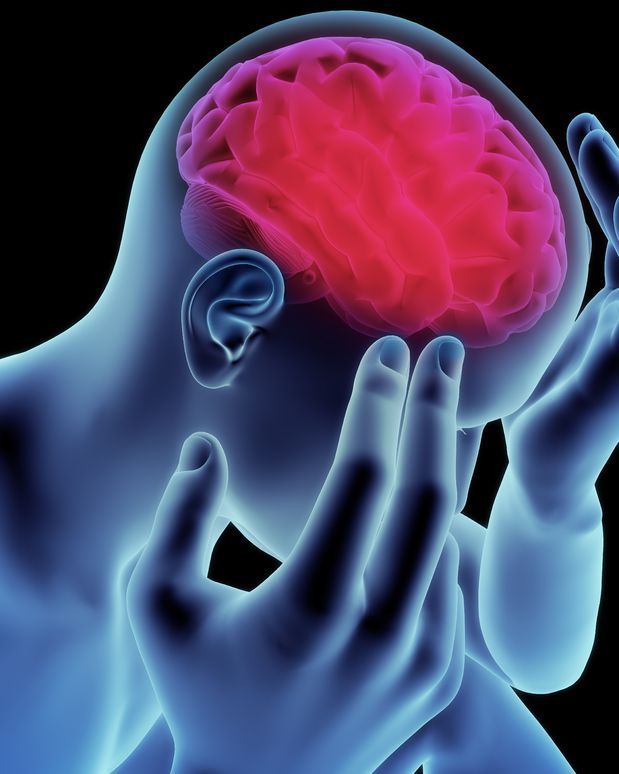A stroke happens when blood is unable to reach the brain. If there is a blockage in the flow of blood to the brain, oxygen and other vital nutrients will not be able to get to the brain, and this can lead to the death of brain cells.
Most stroke deaths are found in developing countries. Globally, According to the American Stroke Association, about 13million people experience a stroke each year. Hence, stroke is one of the top causes of mortality worldwide.
The two major types of stroke are Ischaemic stroke and Haemorrhagic stroke. Ischaemic stroke occurs when plaque builds up in the arteries surrounding the brain, halting blood flow to the brain. Whereas, Haemorrhagic stroke occurs when an artery near the brain ruptures or leaks, placing extra pressure on brain cells, hence, leading to the deprivation of blood in the blood.
Strokes are caused by high blood pressure, tobacco smoking (direct and second-hand smoking), heart disease, alcohol, lack of exercise, diabetes, stress and being overweight. The risk factors for stroke are age, family history, gender, race and medical history.
To ascertain whether a person has a stroke the FAST(Face, Arms, Speech, Time) technique is applied. Warning signs of stroke are numbness of the face, arm and leg. Also, there is confusion, difficulty in swallowing, loss of consciousness, difficulty speaking, dizziness, lack of coordination and severe headache. If a stroke is not treated early, it leads to complications such as brain damage, disability and death.
Laboratory diagnosis helps in detecting stroke even before it occurs. This is done through blood tests such as Blood Glucose test, Cholesterol level assessment, Full Blood Count, and Clotting Profile test. Blood Pressure Measurement is also important in diagnosing stroke. There are various treatments for stroke. Meanwhile, accurate treatment is determined by the cause of stroke.
Visit MedBioTechLab for your blood tests to early detect signs of stroke to facilitate quick and proper intervention.
References:
pubmed.ncbi.nlm.nih.gov
www.medicalnewstoday.com
www.webmed.com

